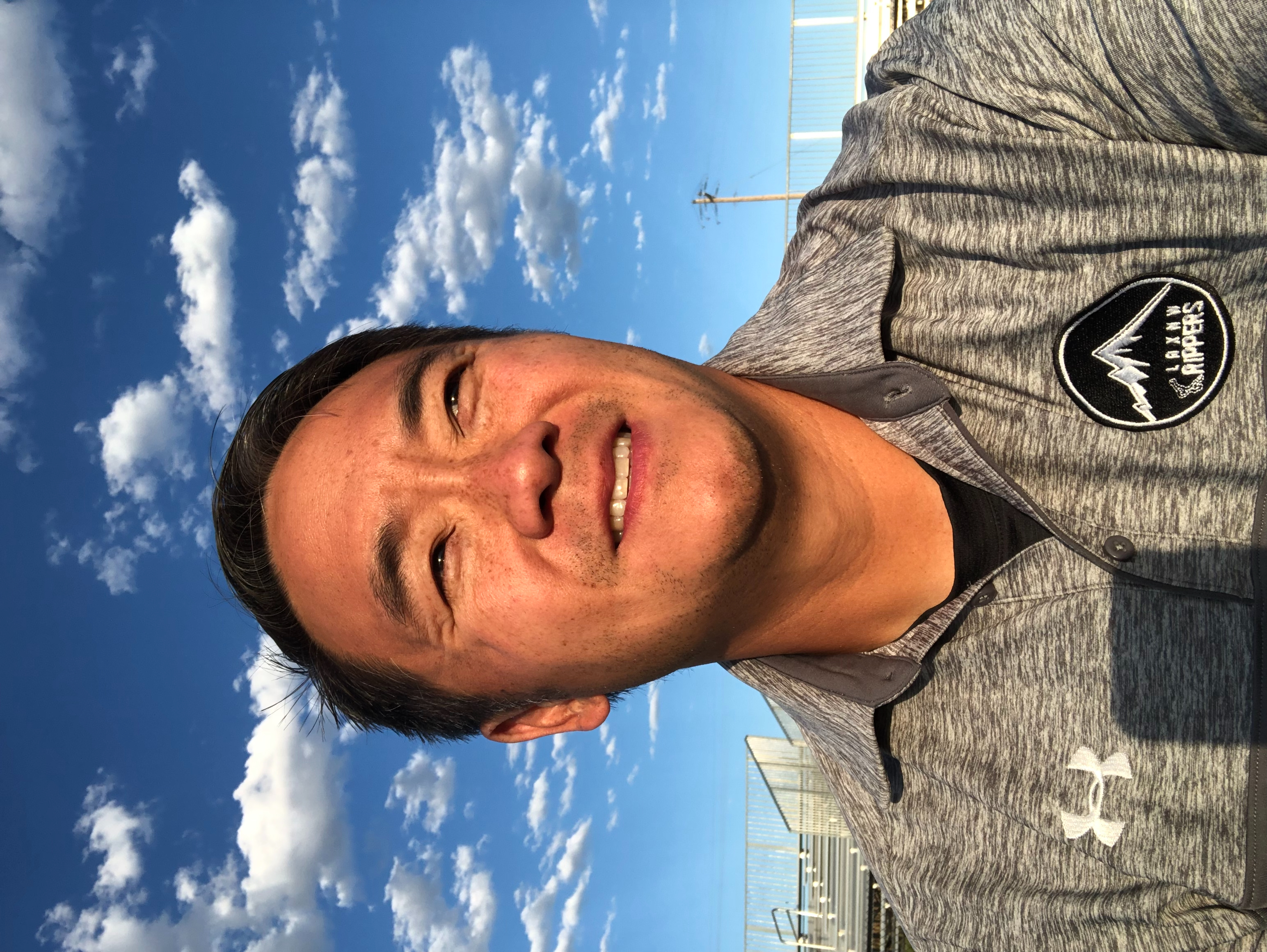May is Mental Health Month
- James Yoo

- Jun 13, 2019
- 2 min read
Updated: Sep 24, 2019

With that in mind, when student-athletes suffer an injury that either keeps them from participating for a few weeks or suffers a career ending injury, it can be a very difficult adjustment.
Here are things to be aware:
Some student-athletes psychological response to injury can trigger or unmask serious mental health issues such as depression, anxiety, disordered eating, and substance use or abuse.
There is a normal emotional reaction that includes processing the medical information about the injury provided by the medical team, as well as coping emotionally with the injury.
Emotional responses include: sadness, isolation, irritation, lack of motivation, anger, frustration, change in appetite, sleep disturbances, and disengagement.
Emotional reactions to injury are normal. However, problematic reactions are those that either do not resolve or worsen over time, or where the severity of symptoms seem excessive.
How to help as coaches, trainers, team physicians, administrators, family, and as the student-athlete:
a. Getting a student-athlete to consider treatment can be challenging (and it is complicated by privacy issues), so coaches, athletic trainers and team physicians, and family, as the support network for the student-athlete should work together to provide quality care.
b. It’s important to be aware of common signs and symptoms for various mental health issues and understand the resources available to treat them.
c. Everyone must do their part to “demystify” mental health issues and allow student-athletes to understand that symptoms of mental health issues are as important to recognize and treat as symptoms for other medical issues and musculoskeletal issues.
d. It’s important for all parties to provide for early referral and management of mental health issues.
e. It’s also important for all parties to support injured student-athletes and do what they can to keep athletes involved and part of the team.
f. For coaches, one of the most powerful actions is to “give the student-athlete permission“ to seek treatment. This is often incredibly helpful in encouraging student-athletes to seek care.
Mental health practitioners are an important part of the sports team!

Comments